 Lower cholesterol naturally with a whole body lifestyle approach.
Lower cholesterol naturally with a whole body lifestyle approach.
In August, the Imperial College London published research concluding that cholesterol-lowering statin drugs could neutralize the dangerous effects of eating fast foods like Big Macs. And a year ago the American Academy of Pediatrics recommended statins for obese elementary school children.
Fortunately, new research in the journal Atherosclerosis reports that omega-3 fatty supplementation improves vascular function and reduces inflammation in obese kids. That’s in addition to the considerable body of research on the benefits of these safe, healthy fats in protecting adults against cardiovascular disease. Fish oil has been found not only to help lower cholesterol but also to make you thinner and trim abdominal fat, which is linked to both heart disease and Type 2 diabetes.
A new study in Cell suggests how this works. Omega-3 fats activate a receptor on the surface of macrophages—immune cells that gobble up bacteria but which can also “go rogue,” producing cytokines and other inflammatory proteins that produce a “signaling cascade,” eventually leading to chronic inflammation, insulin resistance, and obesity—all risk factors for heart disease.
Even Dr. Darrel Francis, one of the authors of the Imperial College study, stresses that “there should be greater pressure on fast-food corporations to develop healthier menus and to encourage regular physical activity and weight control.” And Professor Peter Weissberg, medical director at the British Heart Foundation, admits that statins “are not a magic bullet.”
Dr. Ann Louise’s Take:
More “preventive” drugs for Americans are precisely what we don’t need. A recent focus-group study published in the Permanente Journal shows that people prescribed statins have real concerns about these drugs’ long-term effects, including liver and kidney damage.
Close to half the adults taking statins stopped because of adverse effects including allergic reactions, muscle pain, and nausea. Ironically, muscle pain and fatigue often interfere with strenuous exercise in people taking statins, and the mechanism for this is not well understood, though that doesn’t keep doctors from prescribing drugs that interfere with a known heart benefit—physical activity.
Now mainstream medicine has gone way over the line with their latest “MacStatin” recommendations for lowering cholesterol, especially for children. If parents are concerned about cholesterol—but can’t clean up the family fast food’s diet—then other heart-healthy approaches need to be considered. Like dealing with stress.
The Stress Effect
Stress can raise cholesterol levels and increase inflammation—both of which are linked to cardiovascular disease. Constant increases in the heart rate, higher levels of the stress hormones adrenaline and cortisol, and elevated blood pressure can lead to heart attack or stroke.
“Over the long-term, elevated cortisol can cause increases in blood pressure, blood sugar, body fat, and blood clotting—all of which are known risk factors for heart disease,” says Stan VanUum, MD, PhD, associate professor of medicine at Schulich School of Medicine & Dentistry at the University of Western Canada.
The current online issue of Stroke now shows that hair provides an excellent long-term assessment of stress—something I’ve been saying for decades—making it an important predictor of heart disease risk. To accurately determine your own or your child’s risk factors, Tissue Mineral Analysis tests your hair sample for 29 levels of major minerals and 8 heavy metals.
“Stealth Stress”
Electromagetic fields (EMFs) that surround us 24/7 today have been linked to both stress and cardiovascular symptoms. For example, low-level radiation from cell phones and certain electrical systems can also raise levels of bad cholesterol (LDL), elevating the risk of heart disease.
Writing in the 2009 journal Medical Hypotheses, Samuel Milham, MD, MHP, at the Washington State Department of Health, traced the rise in cardiovascular and other diseases like cancer and diabetes in this country to the spread of electrical power. University of Washington scientists Henry Lai and Narendra Singh have found that free radicals, contributors to heart and other disease, are created at the electrical current typically found in today’s homes—even without wiring problems.
When we’re exposed to EMFs (and also as we grow older), production of the antioxidant hormone melatonin—which has been found to lower cholesterol—slows down. Your body produces 80 to 90% the melatonin you need at night, making you especially vulnerable to EMFs when and where you sleep. So don’t use your cell phone as your alarm clock! And turn off your wireless router at night.
Heart-Healthy Diet & Supplements
Tart cherries are an excellent source of radioprotective Melatonin as well as other antioxidants. You can up your levels of this antioxidant hormone by drinking 2 to 3 servings of 8 ounces of cherry juice or eating 3.5 ounces of dried cherries a week. Better yet, I recommend that everyone (especially anyone over 60) take Melatonin supplements, 1 to 3 mg daily.
Unique antioxidants in dried plums (the new, consumer-friendly name for prunes) can prevent free radicals from damaging fats, inhibiting the cascade of events that lead to plaque formation and atherosclerosis. A significant source of vitamin A (beta carotene), prunes are also anti-inflammatory, while providing soluble fiber to help move toxins out of the body.
The premier heart-protective compound, Coenzyme Q10 (CoQ10) acts as an antioxidant in your cell membranes, protecting DNA and preventing the oxidation of blood fats. CoQ10 is vital to your mitochondria (the powerhouse of the cells)—without it your cells can’t convert carbohydrates and fats into fuel. This supplement is especially critical for anyone taking statin drugs, which dramatically reduce the amount of CoQ10 your body produces, and because the body’s production also declines with age, I recommend 100 to 300 mg of Coenzyme Q10 daily.
Sea buckthorn (from berries and leaves of a deciduous shrub) contains antioxidants galore—beta carotene, flavonoids, lycopene, polyphenols, and vitamin E—as well as essential fatty acids. Studies show that sea buckthorn prevents cholesterol from sticking to artery walls and lowers C-reactive protein levels, an inflammatory marker for heart disease. While you can consume sea buckthorn as juice or tea, aim for 500 mg daily.
Garlic can inhibit plaque—hardened chunks of cholesterol and other debris in the bloodstream—as much as 40%! That’s why I recommend ¼ to ½ teaspoon of aged garlic extract daily.
Last but hardly least, eat omega-3-rich salmon (preferably wild-caught) and other eco-friendly fish. Or take one capsule of Super EPA, purified fish oil that’s free from PCBs and heavy metal toxins but rich in both EPA and DHA, two to three times a day. Chia Seeds, Organic Flax Oil, and walnuts are vegetarian sources of these heart-healthy fats.
Sources:
Zapped, Why Your Cell Phone Shouldn’t Be Your Alarm Clock and 1,268 Ways to Outsmart the Hazards of Electronic Pollution
Fat Flush for Life, the Year-Round Super Detox Plan to Boost Your Metabolism and Keep the Weight Off Permanently
www.bbc.co.uk/news/health-10955522
www.businessweek.com/lifestyle/content/healthday/642831.html
www.foxnews.com/story/0,2933,600703,00.html
https://www.ncbi.nlm.nih.gov/pubmed/20740125
https://www.ncbi.nlm.nih.gov/pubmed/20727522
https://www.ncbi.nlm.nih.gov/pubmed/20688875
www.webmd.com/heart-disease/news/20100903/hormone-in-hair-may-reveal-heart-risk
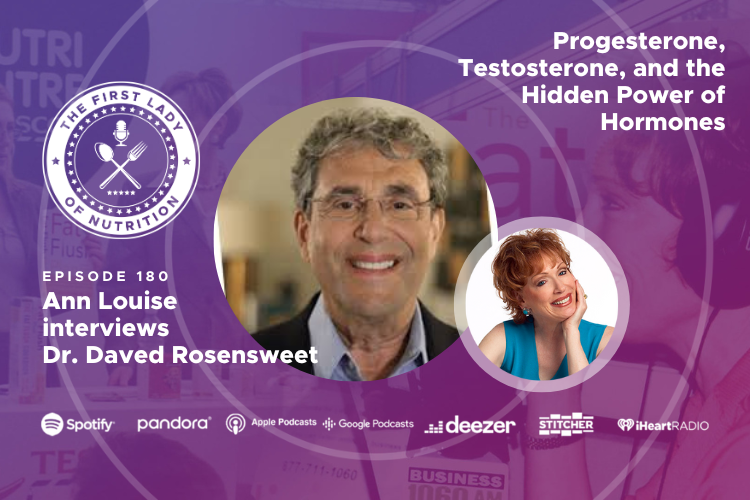

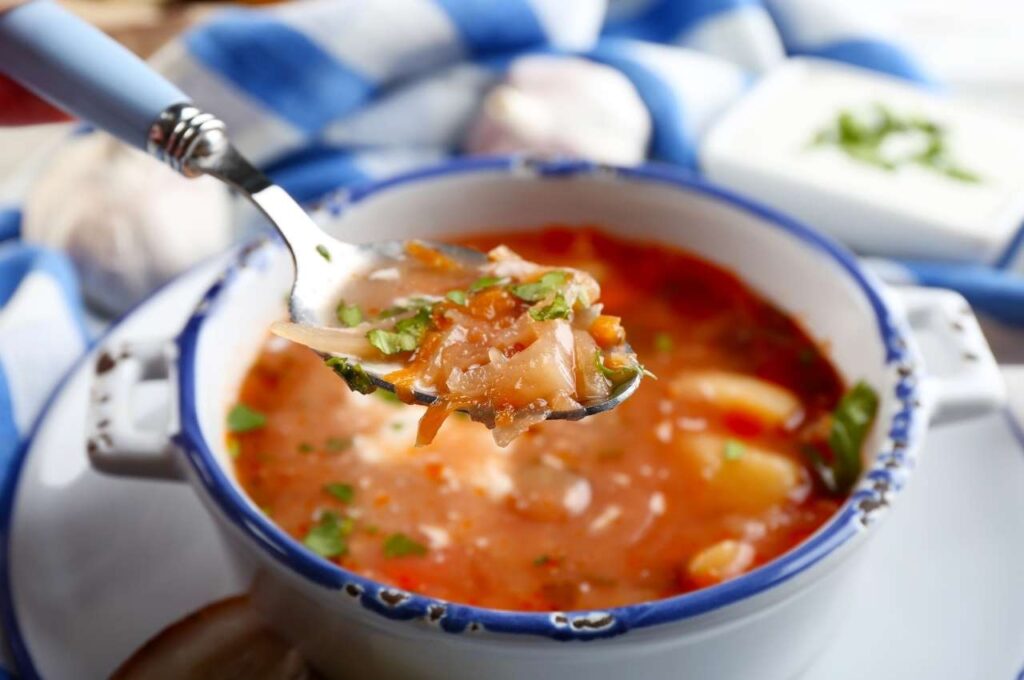

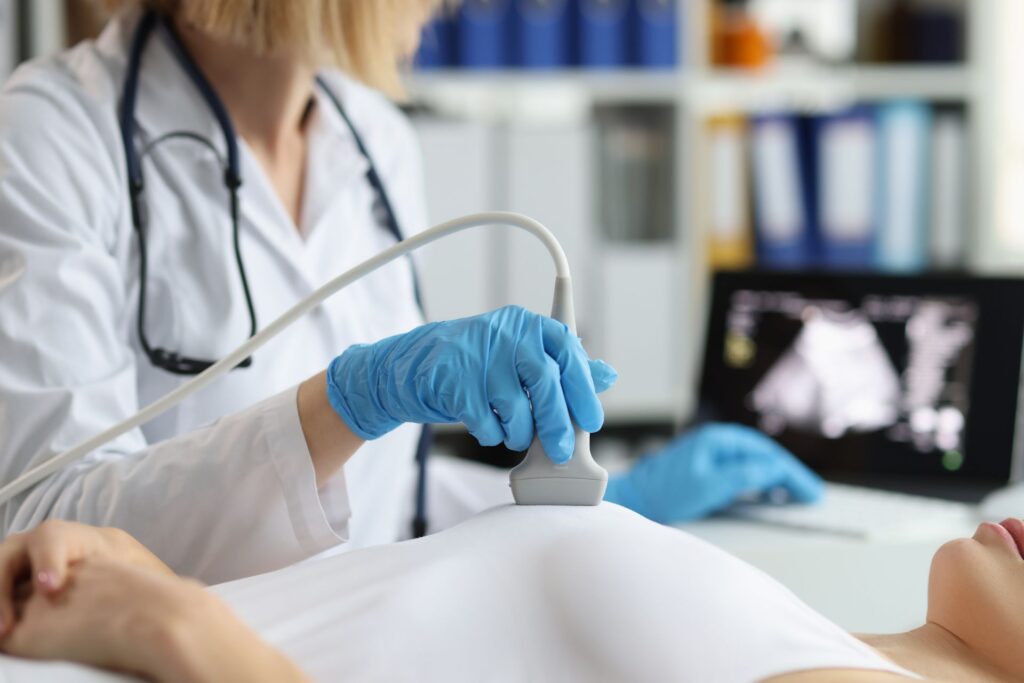
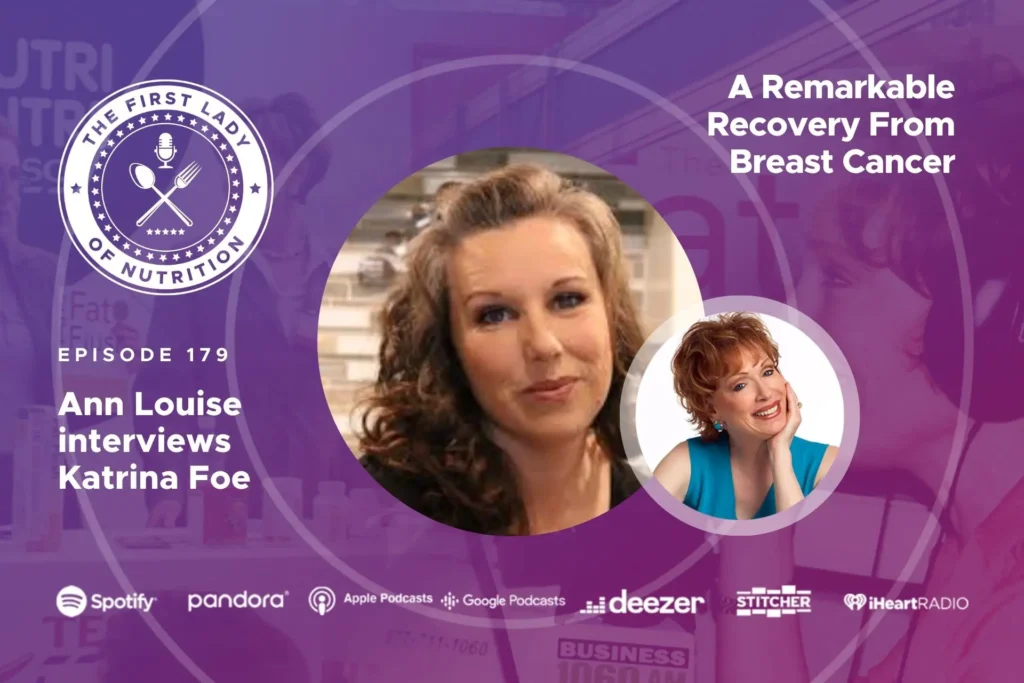
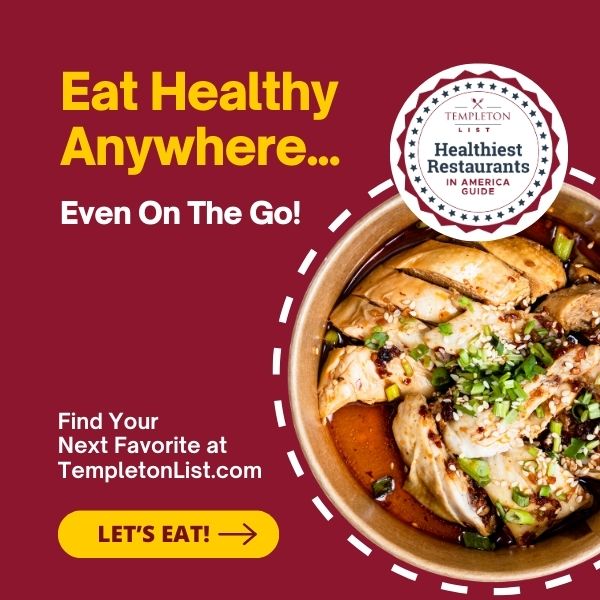
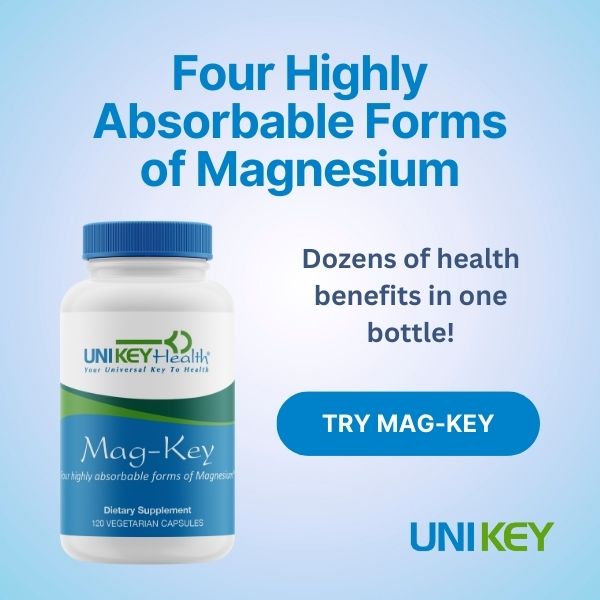
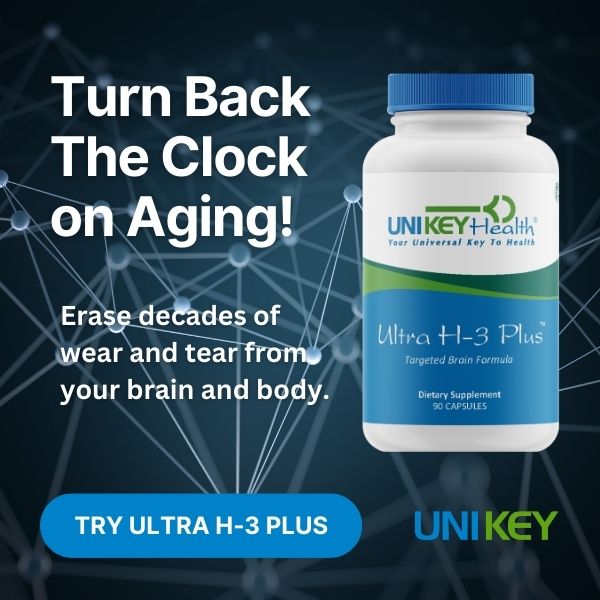
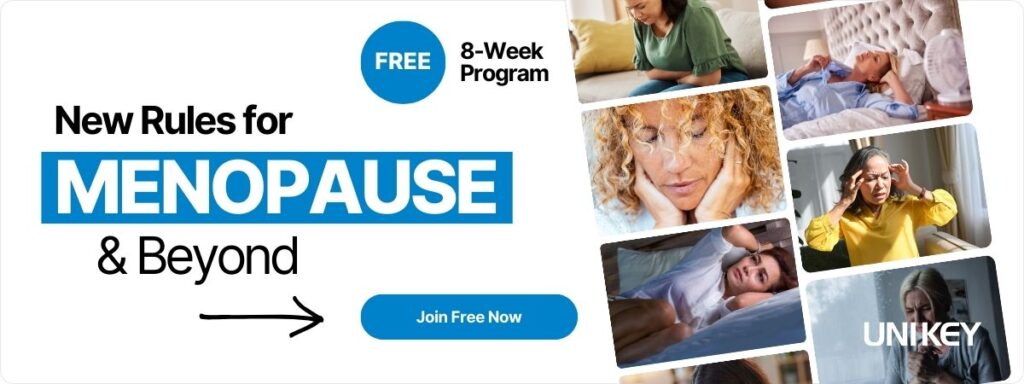
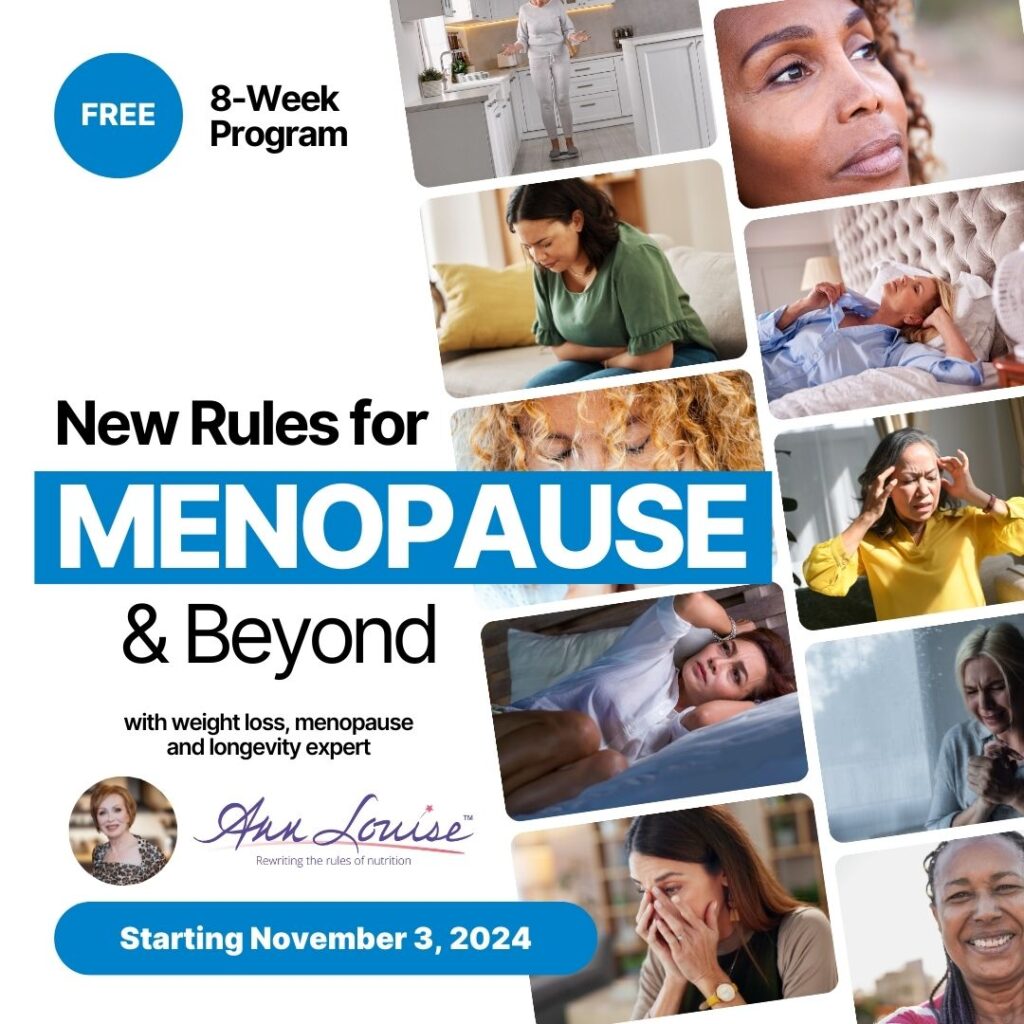
5 Responses
My husband is taking red yeast rice to lower cholesterol. Should he be taking CoQ10 too?
CoQ10 is important to take even when taking a natural product like red yeast rice, since it works in a similar way to prescription statin drugs.
Very good information. I use most of the product mentioned except for buckhorn which I will be purchasing. BUT, don’t matter what I take, the cholesterol does not come under 200.
I took red yeast rice and had similar side effects to those I had with statins which i stopped. Just because i’s “natural” doesn’t mean the side effects won’t be there. Beware of any claims that say otherwise. Buyer beware.